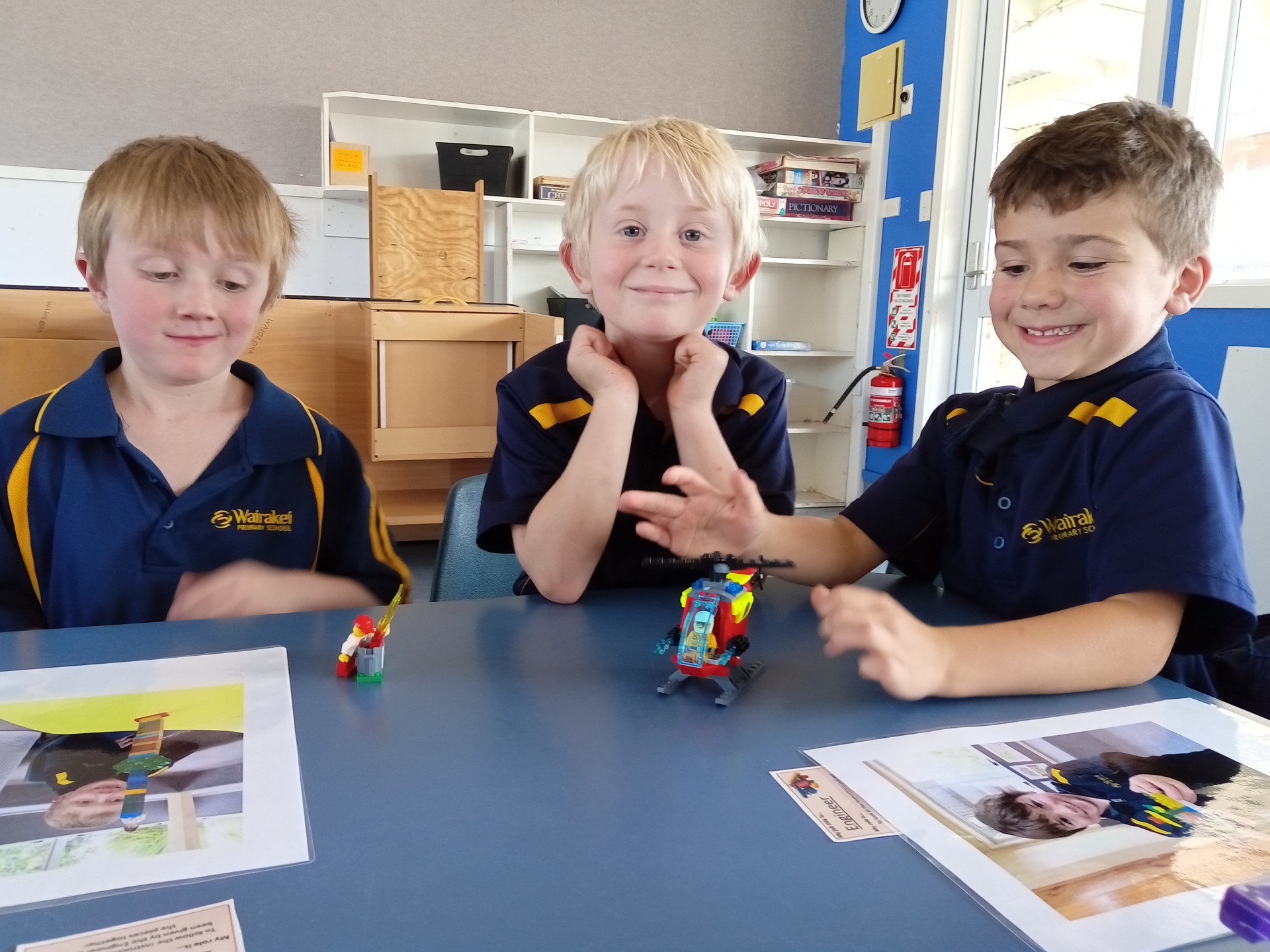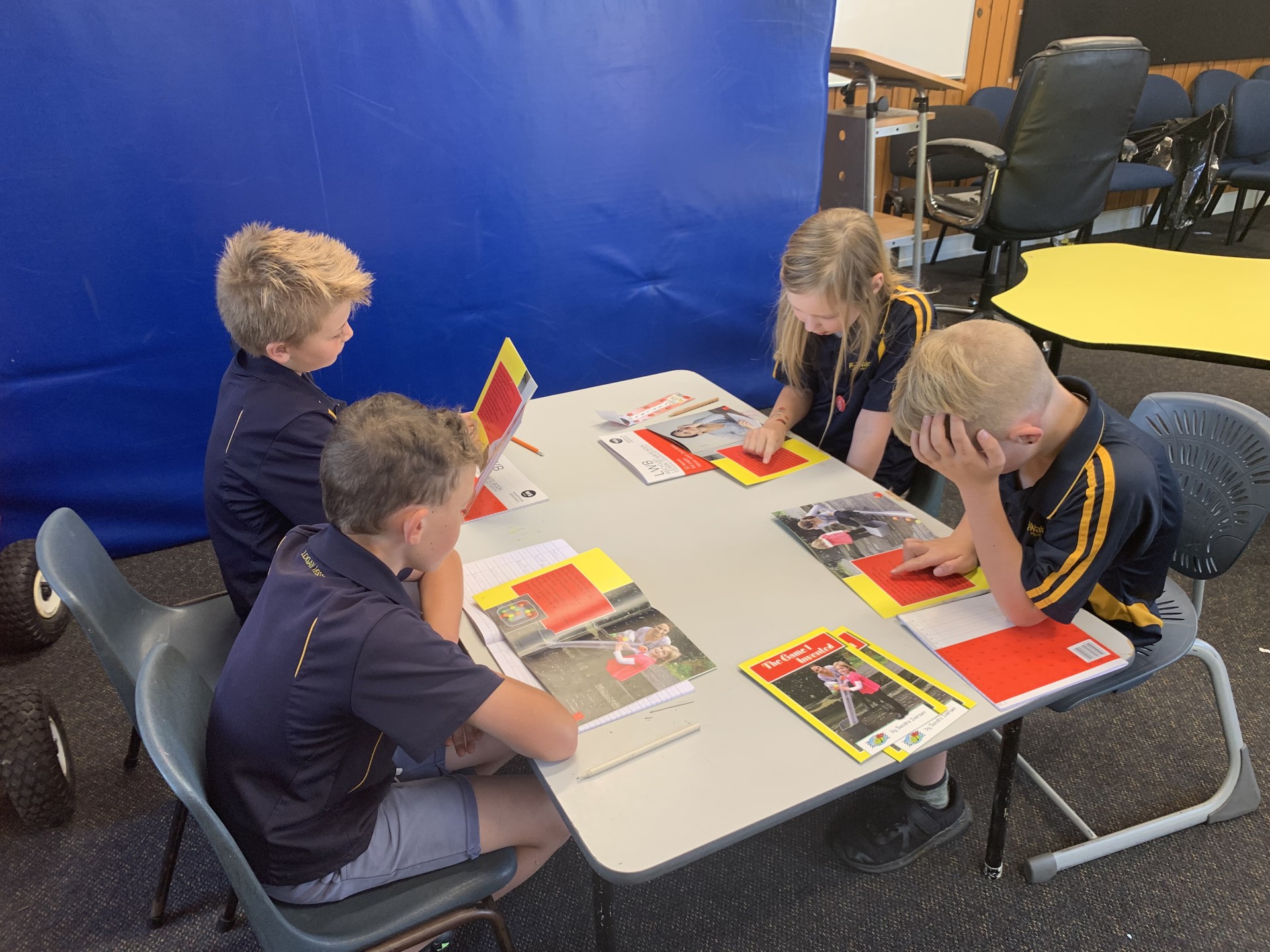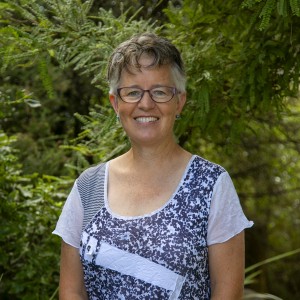One of my roles at wairakei primary is Special Education Needs Co-ordinator or (SENCO). I am often asked, what does a SENCO do?
Coordination might be IEP’s (Individual Education Plans), IBP’s (Individual Behaviour Plans), transition to school plans, and safety plans, created.
A SENCO also makes referrals to RTLB (Resource Teacher of Learning and Behaviour), works closely with our SWISS (Social Worker in School) and MOE Learning Support.
There is a process that staff need to follow before any referrals are made. If a teacher has a concern about a student, they first talk to their Team Leader who will work with the staff member to suggest strategies. Sometimes teachers also talk to me, and I suggest strategies and, in some cases, provide resources that may support a student in class. This might be visual timetables, provide resources for a calm down area, mindfulness resources or differentiated learning for the student. Each student is an individual so there is no one size fits all. If we feel other interventions are required, we will meet with whānau to gain consent to move forward with the most appropriate referral.
As a team, we also identify students through our PaCT data that may require additional support. This is where Teacher Aides come in. At present we have Mini Lit and Quick 60 programmes in school to support students with Literacy. We also have some ESOL students who are supported by a Teacher Aides as a group three times a week.
Diana Fitzsimmons, Teacher Aide, facilitates the Mini Lit programme.
She shared that, The programme has improved the students’ ability to solve unknown words in their reading and writing. It provides them with confidence and skills that are also used in their classroom work. Small groups enable more 1:1 time to support different levels of learning.
It’s helped me with my learning and sounding out words I don’t know how to say.
It has helped me with rhyming words.
It’s good because it helps us with reading and writing words and sentences.
It is fun to do and helps with my writing.
We get to connect the letters to make words.
This is a program designed to bring groups of identified students to the required curriculum level for their age in reading and spelling in 60 quick lessons or fewer.
Penny Fischbach facilitates the Quick60 program.
Penny shares that, Quick60 is a fast and easy-to-administer program. This program is full on and we get a lot of work done in 45 minutes. The results have generally been very positive with improvement from the participating students in most areas.
Lexia
We trialled Lexia programme in the senior school, to support literacy. We were able to secure 16 licences for a one-year period. Students work at their own pace and teachers have access to a range of resources to pre teach or reteach areas students may be finding difficult.
It is fun and interesting. It is helpful in helping me remember my words.
Bricks Club
A Teacher Aide, myself and a Learning Support Coordinator (LSC) were trained to facilitate the Bricks Club. This is a social skills programme that encourages turn taking and oral language skills.
Learning to take turns is quite challenging for some children. However, there has been a great improvement in this area since we started the Bricks Club.
I hope I'm the builder first today.
It’s fun building with my friends.
Tales Programme
Run on a needs-only basis, this is a tuakana teina programme where older students act as mentors for younger students who require support to develop social skills. It also provides an opportunity for our Year 6 students to take on a leadership role.
I have worked closely with Learning Support coordinator (LSC) Tina Dobson. Among other things, Tina works on Assistive Technology applications that some of our students require to access the NZ curriculum. Tina and I are also working on streamlining our Support Register and are working with the Kahua Ako (Taupō Cluster Schools) to develop this Register. The idea is that the Kahua Ako will be able to see trends and patterns across the Taupō Schools and then support programmes and provide appropriate assistance where the greatest need is.
SENCO is very needs based and changes as the needs of students change. Students are at the centre of everything we do at Wairakei Primary.




Comments are disabled for this post.